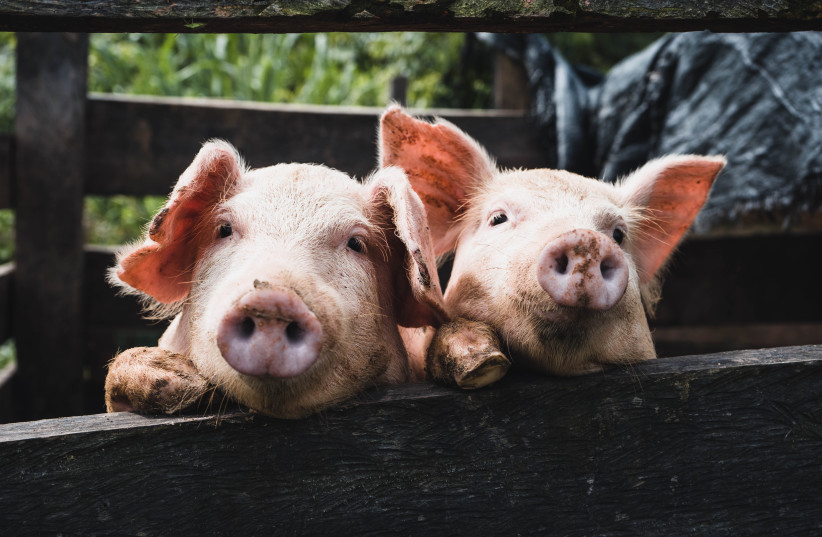Did you think that having hiccups for an hour was frustrating? Well, it could always be worse, and you could find yourself experiencing the same thing as one man from Iowa in the United States, who had hiccups for 68 years.
Charles Osborne was born in 1883, and his ongoing bout of hiccups started after a pig slaughtering accident on a Nebraska farm in 1922.
Speaking about his unique condition to People magazine in 1982, Osborne explained: "I was hanging a 158-pound pig for slaughter. I picked it up, and then I fell."
At first, he didn't think much of the incident. That was, until he started to hiccup and realized that he wasn't going to stop any time soon.
"I don't know what it would be like if I didn't have the hiccups," Charles Osborne told The Associated Press in 1978, speaking of his incessant bouts of hiccups. "I'm in pain all the time."

According to a report in People, Osborne experienced 20 hiccups every minute he was awake, totaling a mind-boggling 430 million hiccups in his lifetime. According to his doctors, the cause for his condition was a broken blood vessel "the size of a pin" in his brain.
However, despite his difficult situation, Osborne, a pig breeder, was described by his friends as positive, and as someone who knew how to enjoy life
Osborne's relentless suffering made him a global sensation, earning him appearances on both Johnny Carson's Late Night and Robert Ripley's Believe It or Not radio show.
In an interview with the Associated Press in 1978, Osborne said : "I would give everything I have in the world if I could get rid of them," explaining that he had consulted many doctors, but that none of them could cure him.
He enjoyed a brief respite after receiving oxygen and carbon monoxide treatment at the Mayo Clinic but stopped after a short period because he could not safely breathe the toxic gas.
Over the years, Osborne estimated that he received 4,000 letters from people trying to help him, offering a variety of remedies and treatments, from finger massages to chin presses.
After years of suffering from the painful hiccups, Osborne learned a technique, involving breathing in between each hiccup, that reduced the impact of the hiccups, although it couldn't make them stop entirely.
"He would flex his chest three or four times every minute," his friend once recounted in an interview, adding: "You could see he was heaving, but he wouldn't make any noise."
Then, in 1990, after close to 70 years of suffering and after making peace with his unique and painful situation, Osborne's hiccups inexplicably stopped.
By that point, the farmer had married twice and fathered eight children. He passed away in May, 1991, and enjoyed the last months of his life without a single hiccup.
Why do people experience hiccups?
According to Smithsonian magazine, hiccups can range from as few as four hiccups per minute to as many as 60 and can be caused by excessive drinking or eating, excitement, or swallowing air while chewing gum.
When hiccups last more than 48 hours, they are considered chronic. Attacks that last more than a month are considered intractable, just like the rarer variety that Osborne suffered from, which can occur in 1 in 100,000 people.
Causes of long-term hiccups range from diabetes to cancer and alcoholism, according to the Smithsonian.
